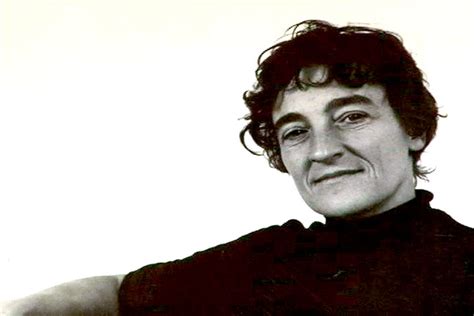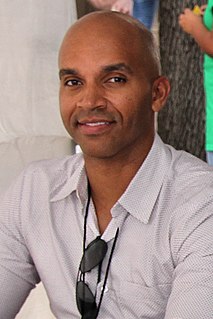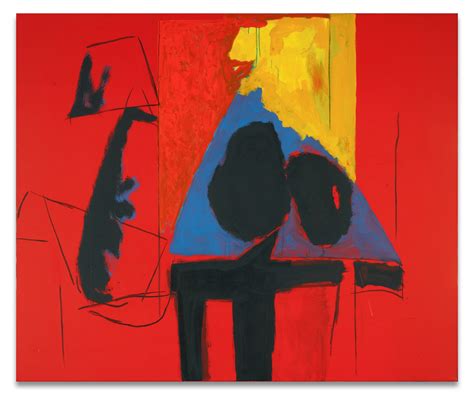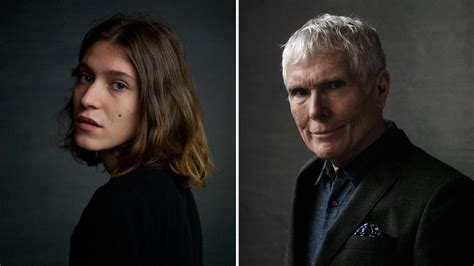A Quote by Damian Loeb
Every art critic and every writer doesn't have a frame to start off from. If I made a statement saying, "This is Abstract Expressionism," they could go, "Well, he failed miserably," or, "Fantastic, this is a new genius!" But in art history, I don't see any of the artists I like spewing bullshit. I don't see anyone recording it or pronouncing what they were doing.
Related Quotes
I love knowing and learning about people around the world displaying my art online. Also, it's how I learn about new artists that are in various parts of the world. The positive thing about Tumblr and Instagram is that they're a fantastic platform for art lovers. I also like, when I search for my art and it says, "see also or related artists," and I see those other artists that relate to me, at least according to the internet. I think it's fascinating - it's interesting to see hashtags people are using in relation to my work. It's another tool of communication.
So the recordings were these immersive landscapes, and yet, unlike the performances that almost no one would see, I had a sense that these could live forever. I was just starting to get my head around the democratic aspect of art; I didn't want to make rarefied things that were either alienatingly obscure or elite and art-worldy, so a recording that anyone could buy was a great medium.
I was at Rutgers University, and that was a center for Fluxus in a way. But it wasn't what I was interested in. All of it had an impact - as did happenings - because I could see that art was changing from expressionism, which I was doing at the time, or thought I was doing. But it wasn't the direction I really wanted to go.
Contemporary art is based on that an artist is supposed to go into art history in the same way as an art historian. When the artist produces something he or she relates to it with the eye of an art historian/critic. I have the feeling that when I am working it is more like working with soap opera or glamour. It is emotional and not art criticism or history of art.
Criticism on my works is like this: you've worked hard all of your life, you went to Oxford, and you've done this and that, and you're an art critic. Your job is to unravel the "secret" or whatever, and you come across an entity like me. It's going to piss you off. Because there's no great secret, what you see is what you get, and anyone can understand what I'm doing. So, it's almost like I make this critic-person redundant, just by my attitude, and they resent me for that.
Let me see: art and activism. I can always fall back on, "the question should be, what isn't political? Everything you do is political, even if it's abstract. You're making a political statement even if it's unwittingly." I think so much of art is unconscious anyway, the artist doesn't know the real reason they're doing it. They're just kind of going along with it intuitively.
Artists look at the environment, and the best artists correctly diagnose the problem. I'm not saying artists can't be leaders, but that's not the job of art, to lead. Bob Marley, Nina Simone, Harry Belafonte - there are artists all through history who have become leaders, but that was already in them, nothing to do with their art.







































